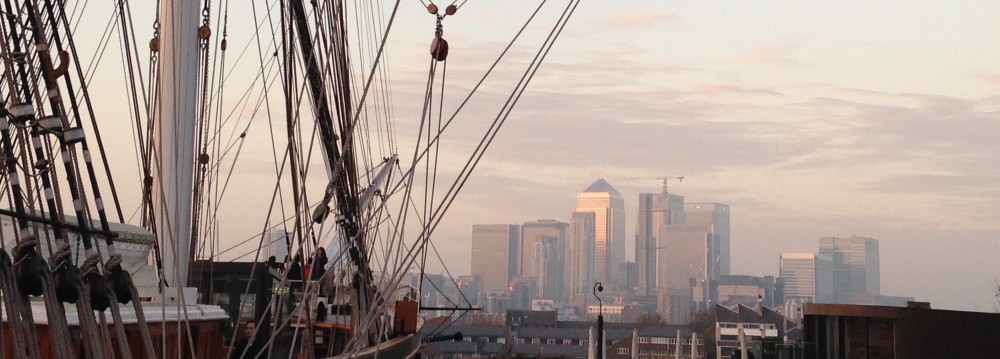Doug’s notes from the live debate inside of Islington Municipal Hall (packed to capacity)
Francis Fukuyama
There is an ongoing threat to liberal democracy inside two of the oldest established liberal democracies: US and UK
⁃ also Poland Hungary and others
Start in 2016, why 2016?
most explainers say economic issues drove this, such as offshoring from wealthy countries to developing countries, China
but also: Loss of identity,
⁃ many feel inner dignity not adequately recognised, stolen honour of their identity due to cultural change, migration, multiculturalism
pre 1960s, left of Western political spectrum was focused on working class, white males at centre
then left shifted to help those disenfranchised: feminism, minorities
traditional left of centre voters shifted away because “we are not recognized”
elites neglected white males, compared to the past
anger over loss of identity
toxic arguments over gender race religion tribe, are unlike economic arguments: we can’t split the difference, you are either in or out
Pankaj Mishra
humiliation fuels want for recognition and a desire for equality
universalist history in fukuyama is derived from a Western story, misses rest of world
liberal democracy is complicit with imperialism: napoleonic armed expansion one example
majoritarianism trampled smaller voices also in East: eg, in india, Kashmir
Ideals of universalism such as in US revolution are fake, a lot about slave owners seeking to assert their own rights
Francis Fukuyama
In US civil war, Lincoln in his Gettysburg address shifted US society focus to an American identity not tied to race or gender, but rather one based on principles
American democracy is still a work in progress
how to have a multicultural society
need to have shared principles instead of an anchor in race, ethnicity
what other form of political organisation is there that would permit multiculturalism?
US system and UK system are not perfect, but better than alternatives
Pankaj Mishra
inequalities need to be addressed first,
then can fix political system
left has not been in power for a long long time
current left is really centrist, not leftist
injecting identity politics came from right Napoleonic oppression of blacks in Haiti
It was not 1960s left in USA initiating identity politics over feminism or race, as Francis said, identity had older darker roots in majoritarianism
Francis Fukuyama
He has been travelling to developing nations, teaching a course in Kurdistan for example
institutions of developing countries are often anchored by ethnicity, religion etc
But this is a formula for ongoing conflict
One can’t hold a nation together without a shared ideal
Syria, Iraq, others often build institutions often where ethnicity reigns (partly also a cultural legacy
Reagan Thatcher took liberal democracy and capitalism too far, he admits
but a more moderate form of liberal democracy is the best model we have got, so far
Pankaj Mishra
What is the answer? Should we carry on in same way?Just try to do better?
We need to transform this economic system that has imposed inequality
Liberal democracy is unable to meet this challenge
The conflict of liberal democracy vs capitalism that has not yet been reconciled
Francis Fukuyama
The concentration of political power is the problem, tyrannical power, as President Trump is trying to claim for himself, as are Orban, Erdogan, others.
A sound constitutional order can help to balance this.
We need lib democracy tied to mkt economy, anchored by a sound constitution
The rise of the right is threat
They are working to undermine liberal democracy
Not all trump supporters are elitist identity advocates.
Many coal miners, blue collar mfg worker, and others are losing out; they have legitimate concerns that must be addressed, and they must be peeled away from the Republican base if we want to exit the right from power
demogogic populism must be prevented from undermining democracy
We must also recognise that migration and sovereignty need to be managed democratically
On migration, the solution is a path to citizenship for those here, but also
enforcement of existing laws to regulate future arrivals
In the US excessive checks on concentration of power have impeded wishes of electorate; right has used this to block progress; need democracy with controls but also a right to govern. Balanced system.
There is no practical alternative to liberal democracy and capitalism,
China delivers growth but social and political model is unsatisfactory.
(Big spontaneous applause in the jam packed Islington Municipal Hall)







































